Mr. An Van Huu (born in 1956) has been in the beekeeping profession for 45 years. Mr. Huu lives in Dong Nai province, but he often travels with his bees from one province to another. This is the honey extraction season, so he is temporarily staying in a rubber garden in Loc Thuan commune, Loc Ninh district.
With 300 beehives, he collects over 30 tons of honey each year. The wholesale price for companies is currently around 25-28 million VND/ton, and the retail price on the market is 80,000 VND/liter. In addition to collecting honey, he also collects bee pollen, royal jelly and beeswax... After deducting expenses, he makes a profit of over 500 million VND each year.
Mr. Huu said that beekeeping does not require as much effort as other professions. You just need to master the techniques, be diligent and persistent to be able to do it. However, the difficulty lies in finding natural food sources for the bees. Therefore, when the season comes, if you want the bees to produce a lot of honey, you have to move the bee colonies to areas where industrial crops such as rubber, coffee, acacia are grown. "Beekeeping is not difficult, and the economic efficiency is quite good. The price of honey this year has increased by more than 10,000 VND/kg compared to last year. Supply cannot meet demand, so beekeepers are very excited," said Mr. Huu.
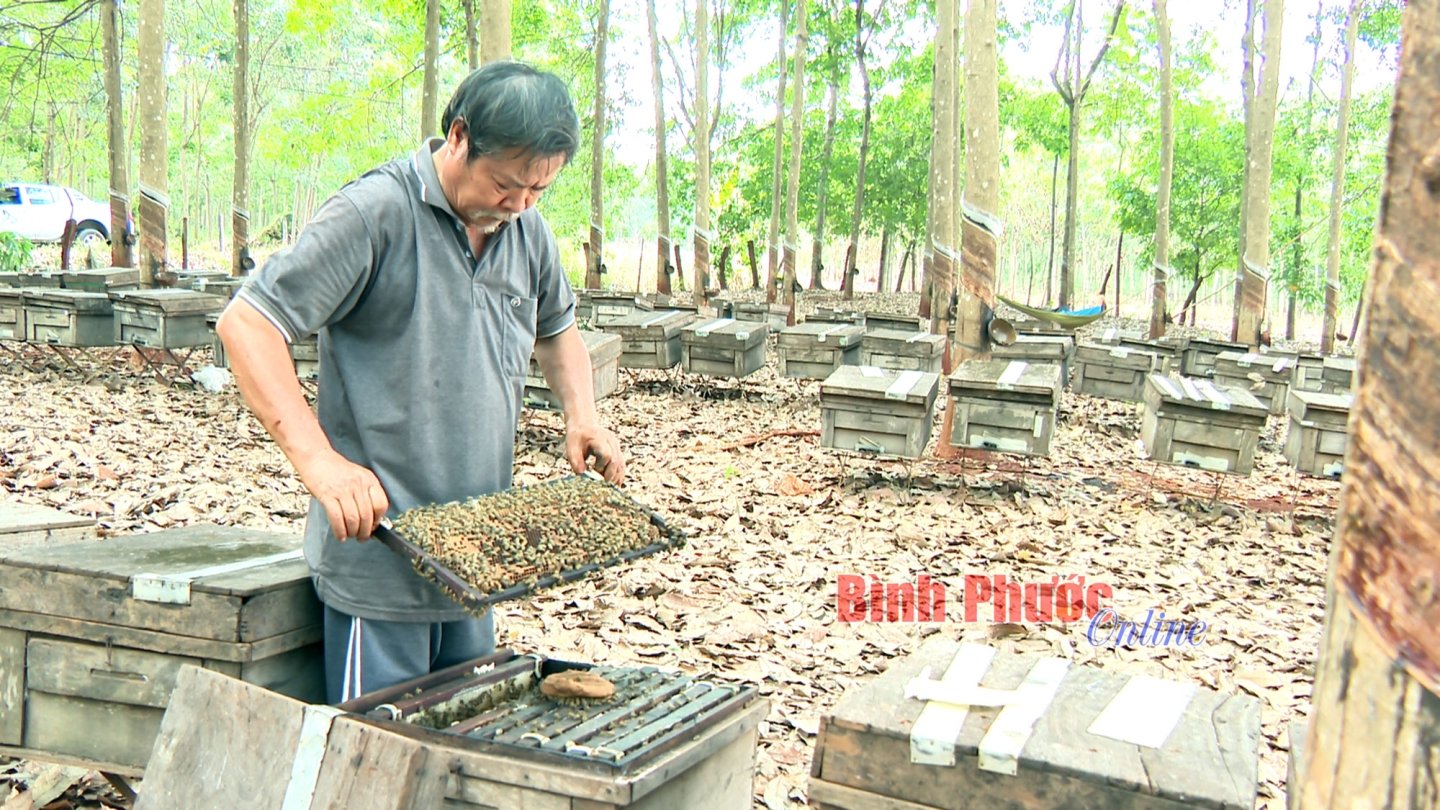
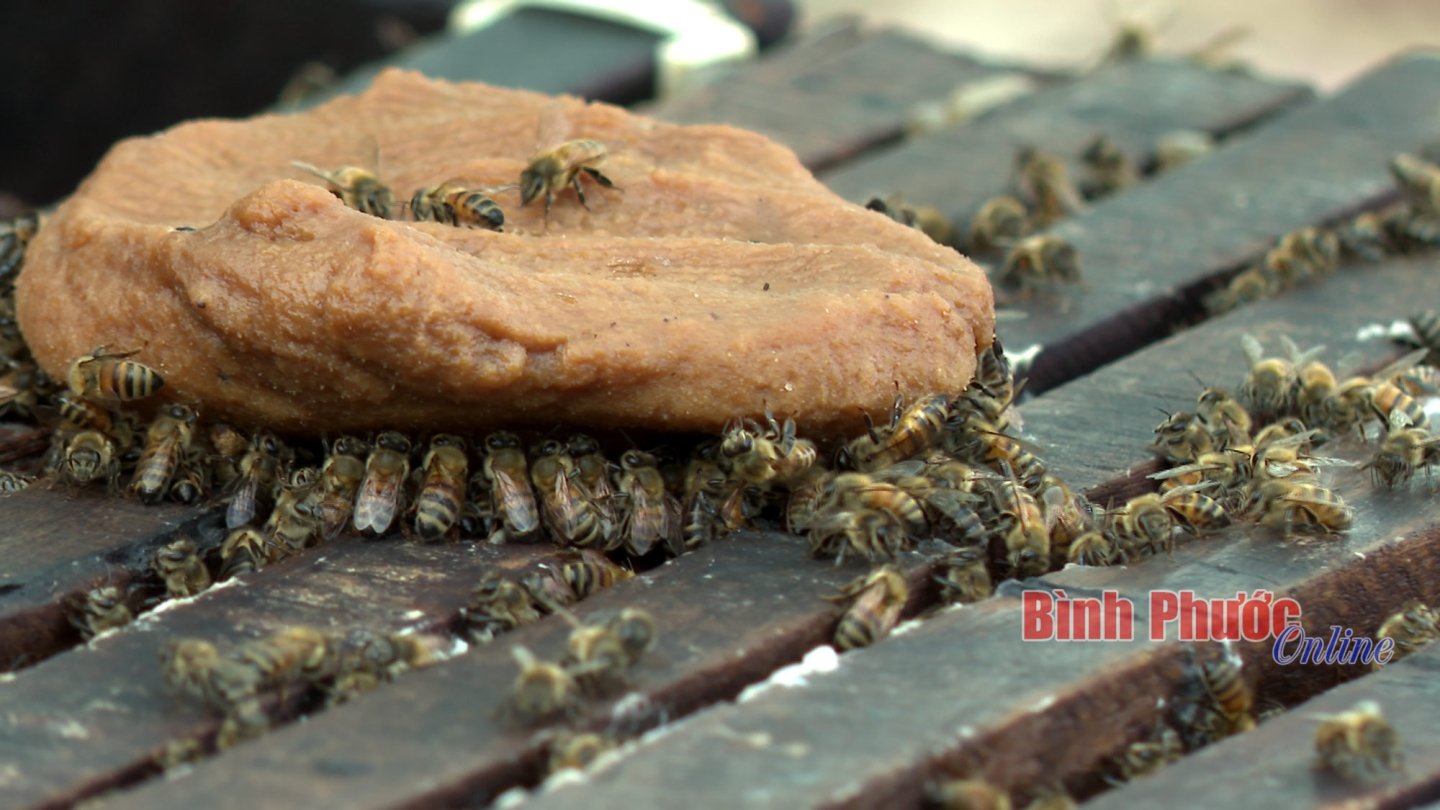
From Da Lat city, Lam Dong province, Mr. Bui Quoc Hung also brought his beehive to raise in a rubber plantation in Loc Thuan commune. Mr. Hung said that his family currently has 300 beehives that are extracting honey. Every 10 days, he and his workers extract honey once, each time extracting several tons of honey. The extraction period lasts from the 11th lunar month of the previous year to the 5th lunar month of the following year. After the harvest season, he divides the beehive into smaller groups and transports them to provinces with many crops to "rest the troops". Therefore, beekeeping often has to wander everywhere. Wherever there is a lot of food for bees, there are the footsteps of beekeepers.
In Binh Phuoc, when the rubber trees change leaves, the trees produce a lot of honey, which is very favorable for beekeeping. Each bunch of rubber leaves will secrete honey right at the leaf stem and almost every day. Rubber honey has a very unique flavor and is a precious medicine. Therefore, all the rubber honey is consumed. Mr. Bui Quoc Hung, Da Lat City, Lam Dong Province |
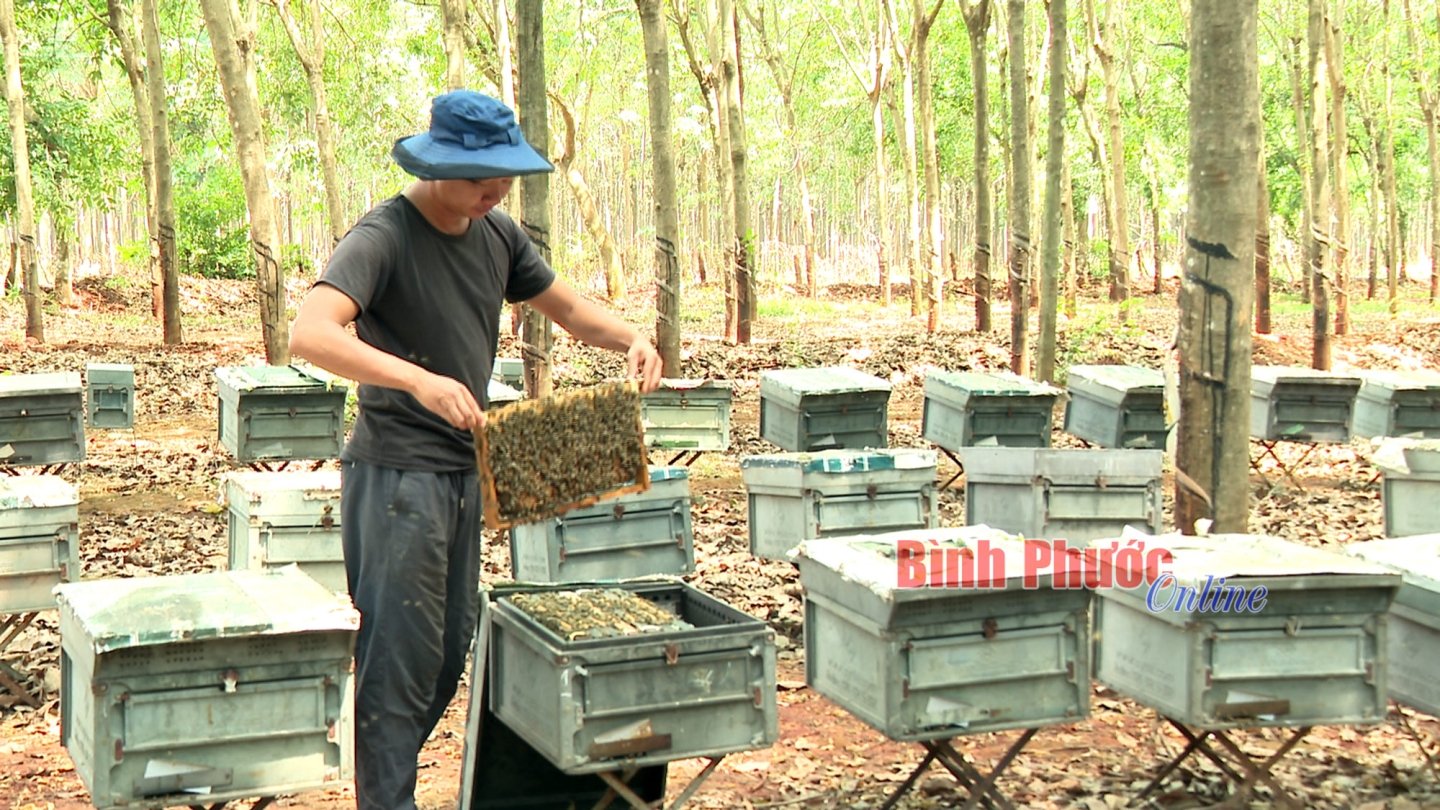
Talking about beekeeping techniques, Mr. Huu said that in order for bees to be able to collect a lot of honey and safely, beekeepers need to choose a location for the beehive that is cool, quiet, not near roads, sugar factories, chemical factories, fruit processing factories and not surrounded by large lakes... The beehive should be placed near a source of pollen, where no chemicals are sprayed, no diseases, few or no wild bees, birds or animals.
According to Mr. Huu, it is necessary to ensure the temperature in the beehive is from 33-35oC, humidity is 60-80%, do not let the bees crowded. Leave a water trough in the beehive on hot days. Feed the bees fully until there is honey, then screw the lid, if there is a long-term lack of pollen, supplementary feeding is required. During the breeding process, regularly check to maintain good queen bees for the colony. Replace the queen bee every 6-9 months. Queen bee creation should be carried out during the time of abundant natural honey and pollen.
This year, during the cashew and rubber flower season, Binh Phuoc province has hundreds of bee farms from other provinces, while there are very few local beekeepers. This is a huge waste and a missed opportunity for economic development for the farmers in the province. According to beekeepers, Binh Phuoc is the “honeypot”, not only leading in rubber acreage but also leading the country in cashew acreage, along with many fruit orchards, natural forests… which are very favorable conditions for developing and expanding beekeeping.
Source: https://baobinhphuoc.com.vn/news/9/171064/mua-ong-lay-mat


![[Photo] Prime Minister Pham Minh Chinh chairs the first meeting of the Steering Committee on Regional and International Financial Centers](https://vstatic.vietnam.vn/vietnam/resource/IMAGE/2025/4/3/47dc687989d4479d95a1dce4466edd32)
![[Photo] General Secretary To Lam receives Japanese Ambassador to Vietnam Ito Naoki](https://vstatic.vietnam.vn/vietnam/resource/IMAGE/2025/4/3/3a5d233bc09d4928ac9bfed97674be98)
![[Photo] Ho Chi Minh City speeds up sidewalk repair work before April 30 holiday](https://vstatic.vietnam.vn/vietnam/resource/IMAGE/2025/4/3/17f78833a36f4ba5a9bae215703da710)
![[Photo] Prime Minister Pham Minh Chinh chairs meeting after US announces reciprocal tariffs](https://vstatic.vietnam.vn/vietnam/resource/IMAGE/2025/4/3/ee90a2786c0a45d7868de039cef4a712)
![[Photo] A brief moment of rest for the rescue force of the Vietnam People's Army](https://vstatic.vietnam.vn/vietnam/resource/IMAGE/2025/4/3/a2c91fa05dc04293a4b64cfd27ed4dbe)
![[Photo] Capital's youth enthusiastically practice firefighting and water rescue skills](https://vstatic.vietnam.vn/vietnam/resource/IMAGE/2025/4/3/3f8481675271488abc7b9422a9357ada)
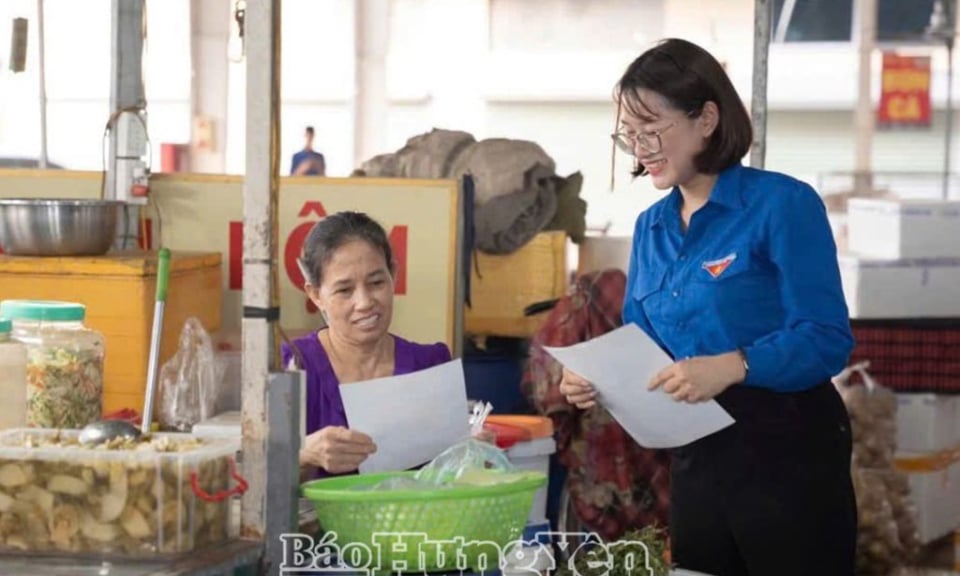
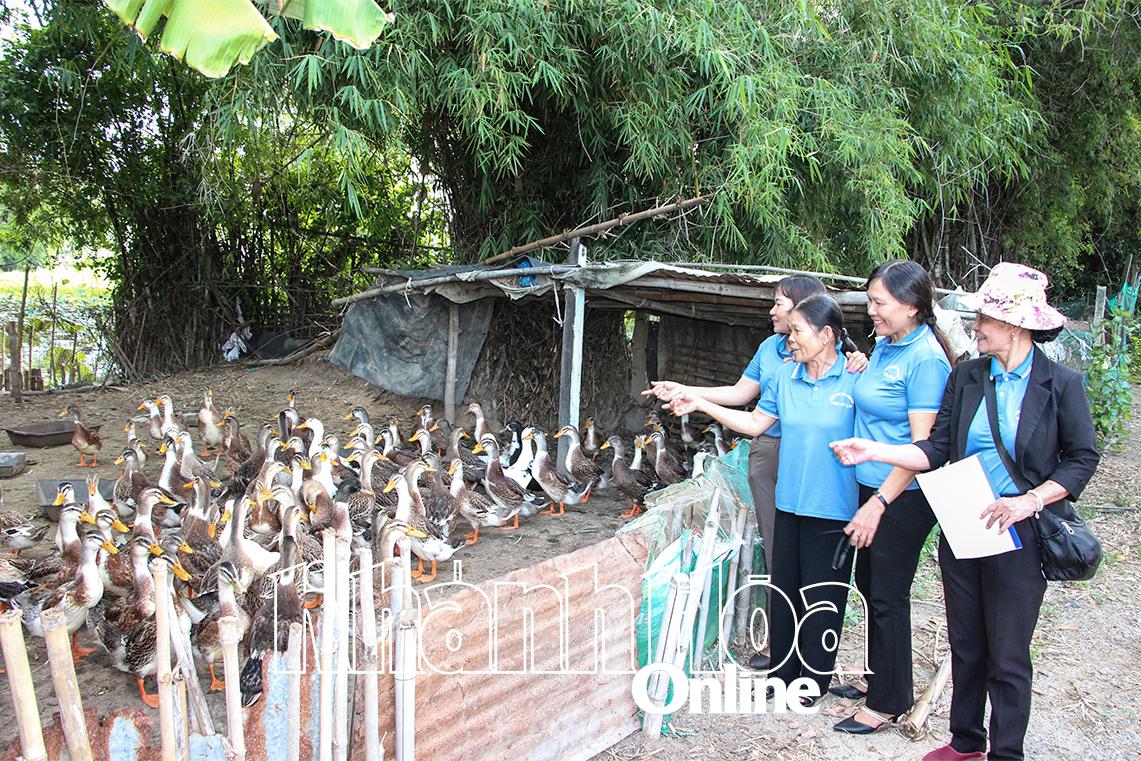
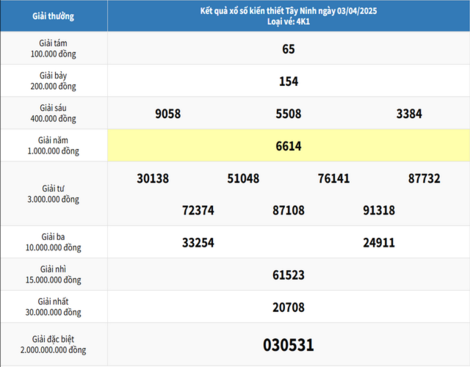

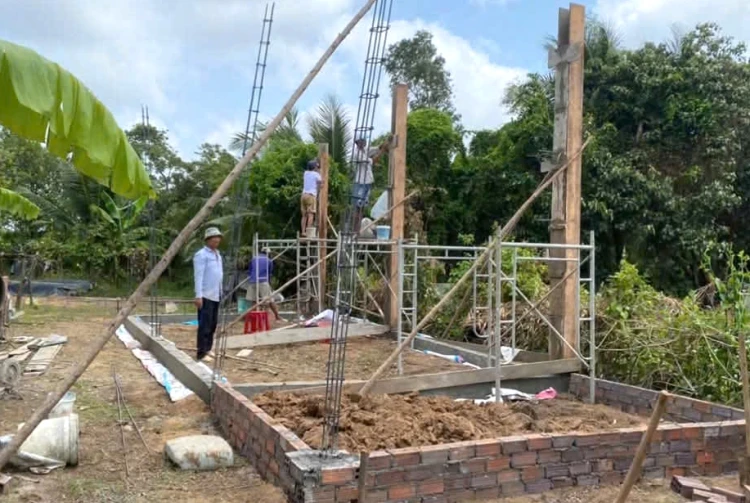
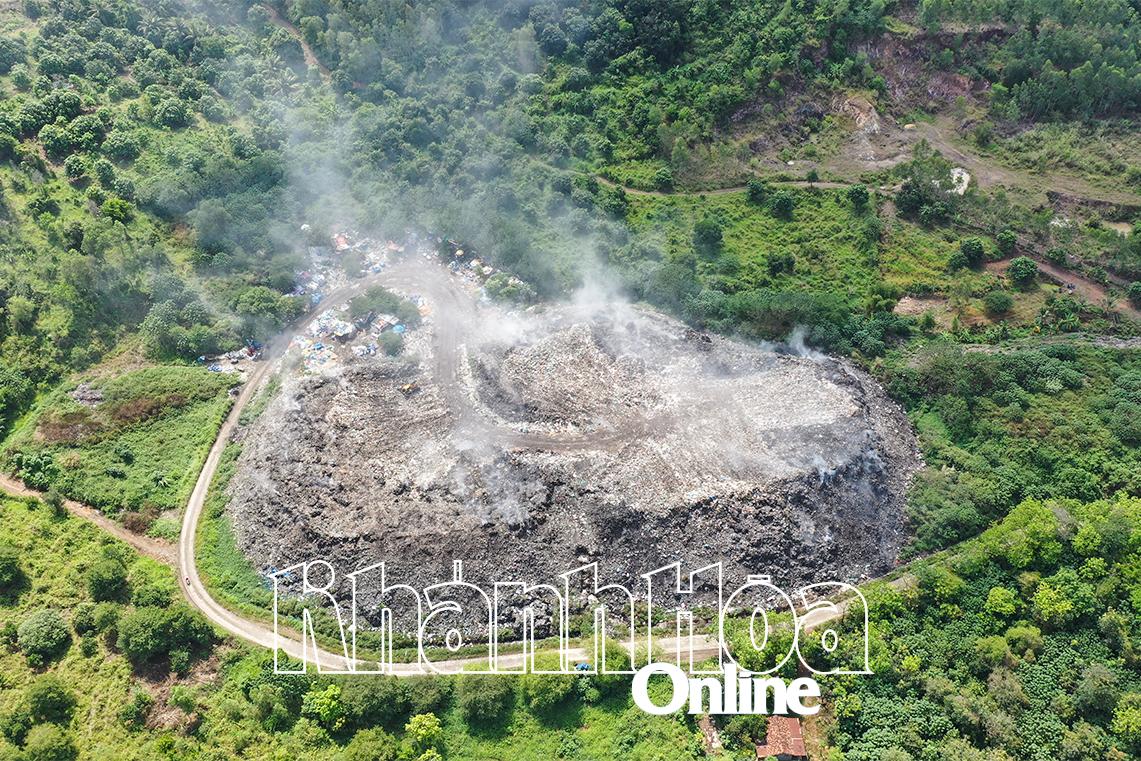






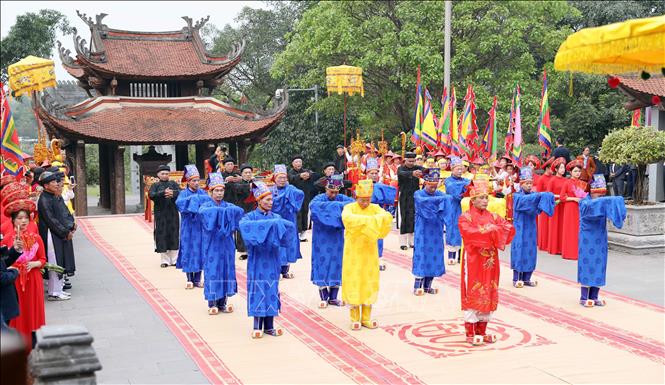
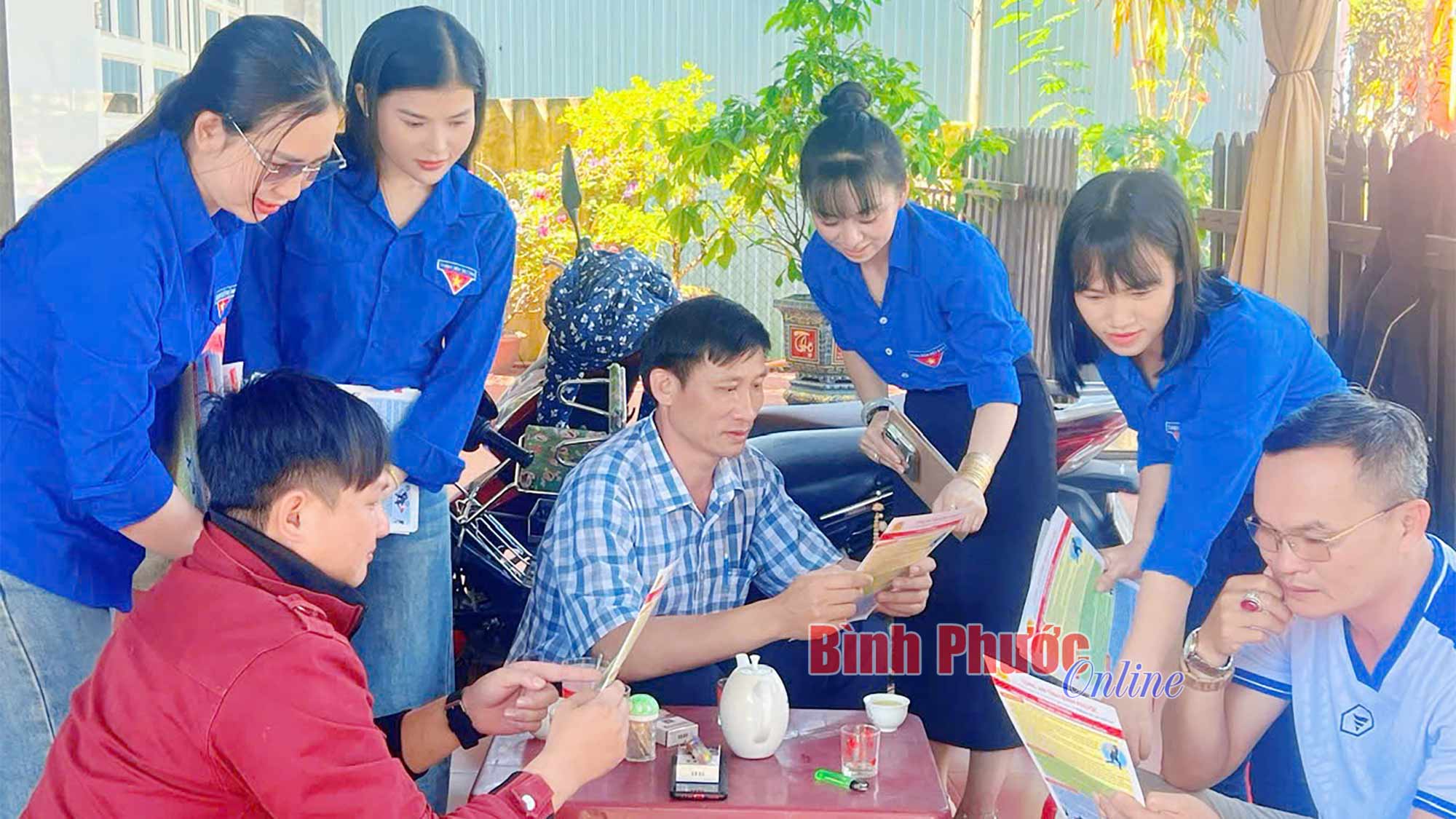



















































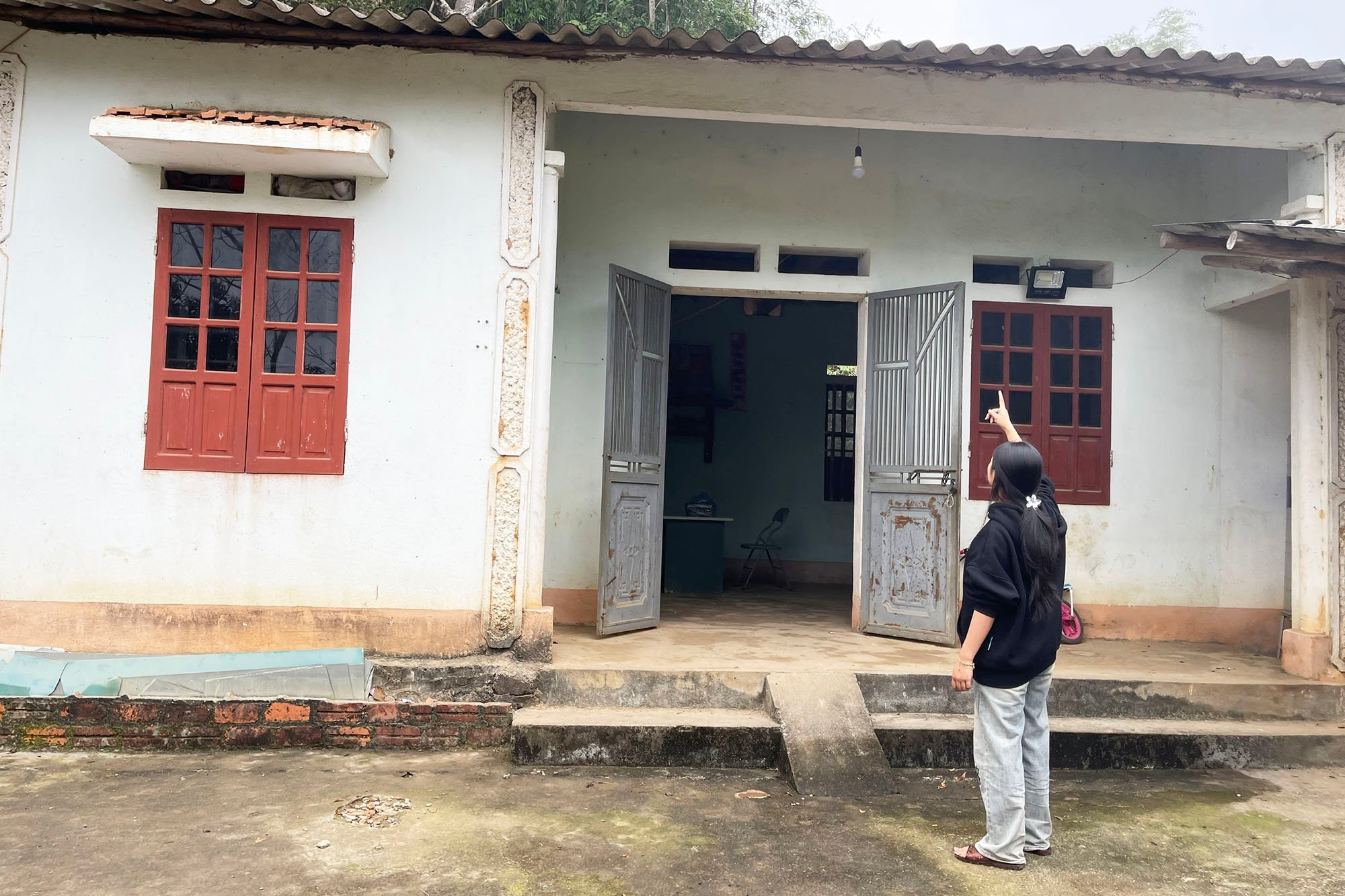













Comment (0)